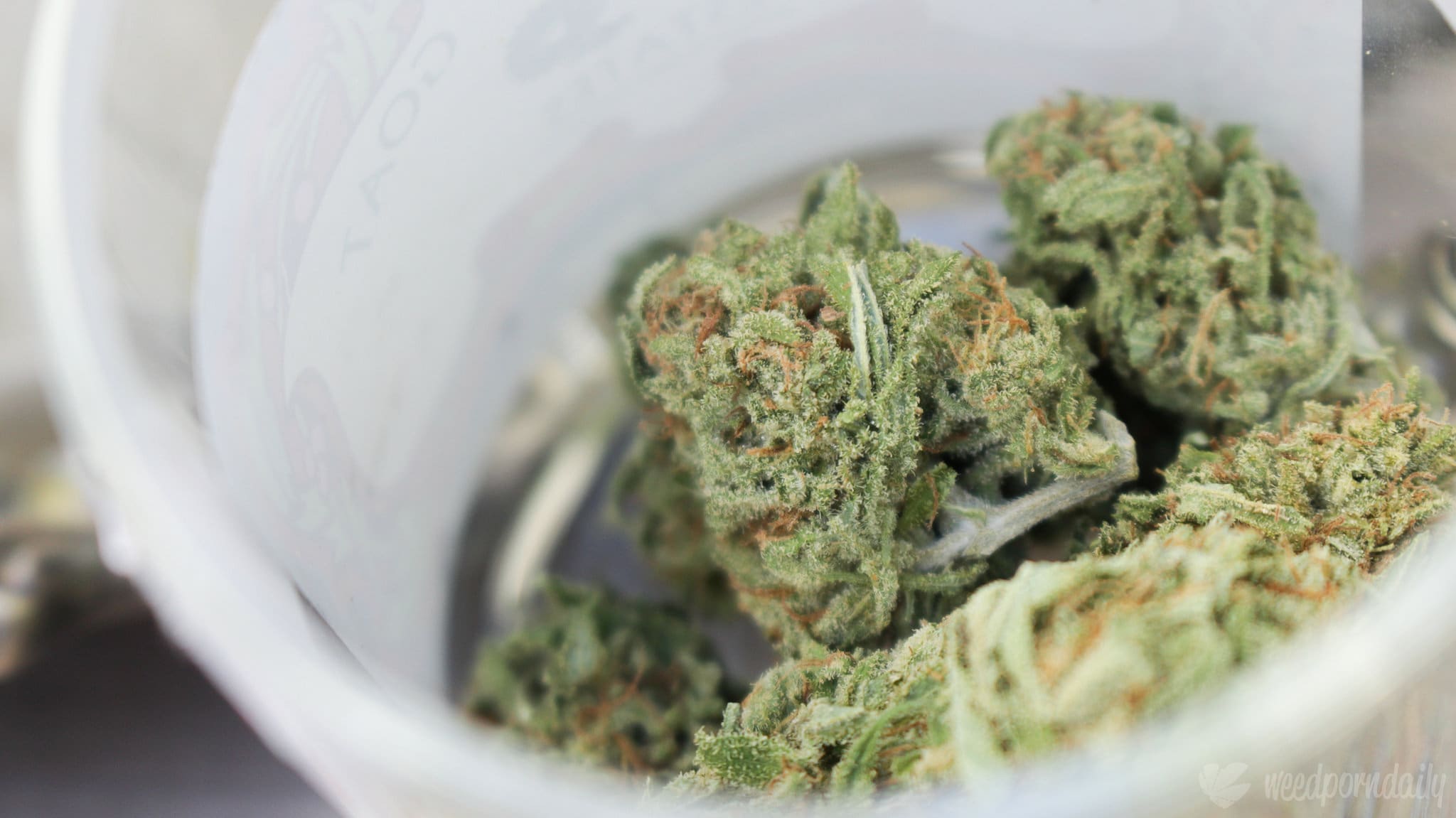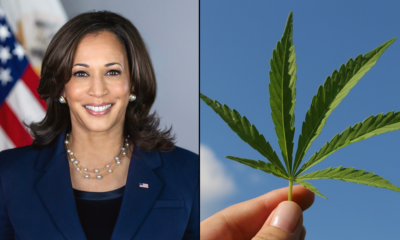Politics
New York Senator Files Marijuana Recycling Bill To Mitigate Environmental Impact Of New Industry

A New York senator filed a bill on Wednesday that would promote recycling in the marijuana industry once retail sales officially launch.
Sen. Michelle Hinchey (D) is sponsoring the legislation, which would require cannabis shops to apply a $1 deposit for any marijuana products sold in single-use plastic containers and also reimburse consumers for that fee if they return the container.
The senator is also behind a separate bill filed last year that would prioritize hemp-based packaging over synthetic plastics for marijuana products.
In addition to mandating that retailers take steps to be able to collect cannabis bottles and jars from consumers who wish to return them after use under what it calls a “Cannabis Container Bill of Rights,” the new proposal would also require that marijuana packaging be made from at least 50 percent recycled materials.
In the justification section of the bill, the Hinchey said that New York’s adult-use marijuana law that was enacted last year includes “important” packaging requirements to such as childproof sealing to prevent youth from accessing the products. However, an “unfortunate externality” of those rules is that they cause the legal marijuana industry to have an outsized plastics footprint and to become a notable environmental consideration.”
“The legal cannabis industry in the United States produces about 150 million tons of waste each year. Even when marijuana packaging is recycled at home, it is often sorted out by recyclers and taken to landfills,” it says. “While no industry is blameless in the plastic pollution crisis, New York has a unique opportunity to prevent a new source of plastic pollution as we consider the legalization of recreational marijuana.”
The bill is identical to an Assembly version filed by Assemblywoman Patricia Fahy (D) last year. This new Senate version has been referred to the Senate Environmental Conservation Committee.
—
Marijuana Moment is already tracking more than 1,000 cannabis, psychedelics and drug policy bills in state legislatures and Congress this year. Patreon supporters pledging at least $25/month get access to our interactive maps, charts and hearing calendar so they don’t miss any developments.
![]()
Learn more about our marijuana bill tracker and become a supporter on Patreon to get access.
—
The environmental impact of regulated marijuana has also been a point of interest for a leading conservationist group, the Sierra Club. It released a guide last year that makes a series of recommendations about how to source marijuana in a way that’s healthy and good for the environment, and that includes seeking out products with low-waste packaging.
In California, certain private cannabis companies have taken initiative to reduce plastic pollution in the industry on their own, launching an innovative pilot program in 2020 that involves recycling the required packaging and using it to generate fuel for a fleet of delivery vehicles.
Colorado announced in 2020 that it was launching pilot programs designed to promote sustainability in the cannabis and alcohol markets through innovative carbon dioxide recapturing practices and collaboration with energy utility companies. The programs involve capturing carbon dioxide emitted during the beer brewing process and using that resource in marijuana cultivation to stimulate plant growth.
Back in New York, Hinchey’s interest in cannabis policy is part of a family legacy. The senator’s late father, former U.S. Rep. Maurice Hinchey (D-NY), sponsored the early versions of a congressional spending bill rider that protects medical cannabis states from federal interference.
While marijuana retailers have yet to launch in New York, the legalization law signed by former Gov. Andrew Cuomo (D) already permits adults 21 and older to possess and publicly consume cannabis. Meanwhile, other lawmakers in the state have been working to build upon the reform, too.
For example, a New York senator filed a bill in December to make it so that gay, lesbian and bisexual people can qualify as social equity applicants under the state’s marijuana law.
Sen. Jeremy Cooney (D) introduced the legislation, shortly after filing a separate bill to include transgender and non-binary people in the cannabis social equity program. He’s also behind other recent marijuana reform proposals related to cannabis business tax benefits and licensing.
In July, Cooney filed a bill to create a provisional marijuana licensing category so that farmers could begin cultivating and selling cannabis ahead of the formal rollout of the adult-use program.
Cooney is also sponsoring a newly filed bill to allow licensed cannabis companies to deduct certain business expenses on their state tax returns.
Gov. Kathy Hochul (D), who replaced Cuomo after he resigned amid a sexual harassment scandal, has repeatedly emphasized her interest in efficiently implementing the legalization law.
Hochul released a State of the State book last month that called for the creation of a $200 million public-private fund to specifically help promote social equity in the state’s burgeoning marijuana market.
The governor said that while cannabis business licenses have yet to be approved since legalization was signed into law last year, the market stands to generate billions of dollars, and it’s important to “create opportunities for all New Yorkers, particularly those from historically marginalized communities.”
That proposal was also cited in Hochul’s executive budget, which was released last month. The budget also estimated that New York stands to generate more than $1.25 billion in marijuana tax revenue over the next six years.
The state Department of Labor separately announced in recent guidance that New York employers are no longer allowed to drug test most workers for marijuana.
Meanwhile, a New York lawmaker introduced a bill in June that would require the state to establish an institute to research the therapeutic potential of psychedelics.
Another state legislator filed legislation in December to legalize psilocybin mushrooms for medical purposes and establish facilities where the psychedelic could be grown and administered to patients.
Meanwhile, as New York prepares the launch of its adult-use marijuana market, the state Office of Cannabis Management (OCM) announced last week a significant expansion of the existing medical cannabis program.
Now doctors will be able to issue medical marijuana recommendations to people for any condition that they feel could be treated by cannabis, rather than rely on a list of specific eligible maladies.
VA Seeks To ‘Normalize’ Marijuana Conversations With Veteran Patients Though New Research Website
Photo courtesy of WeedPornDaily.
















